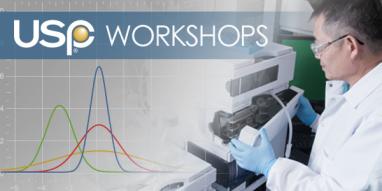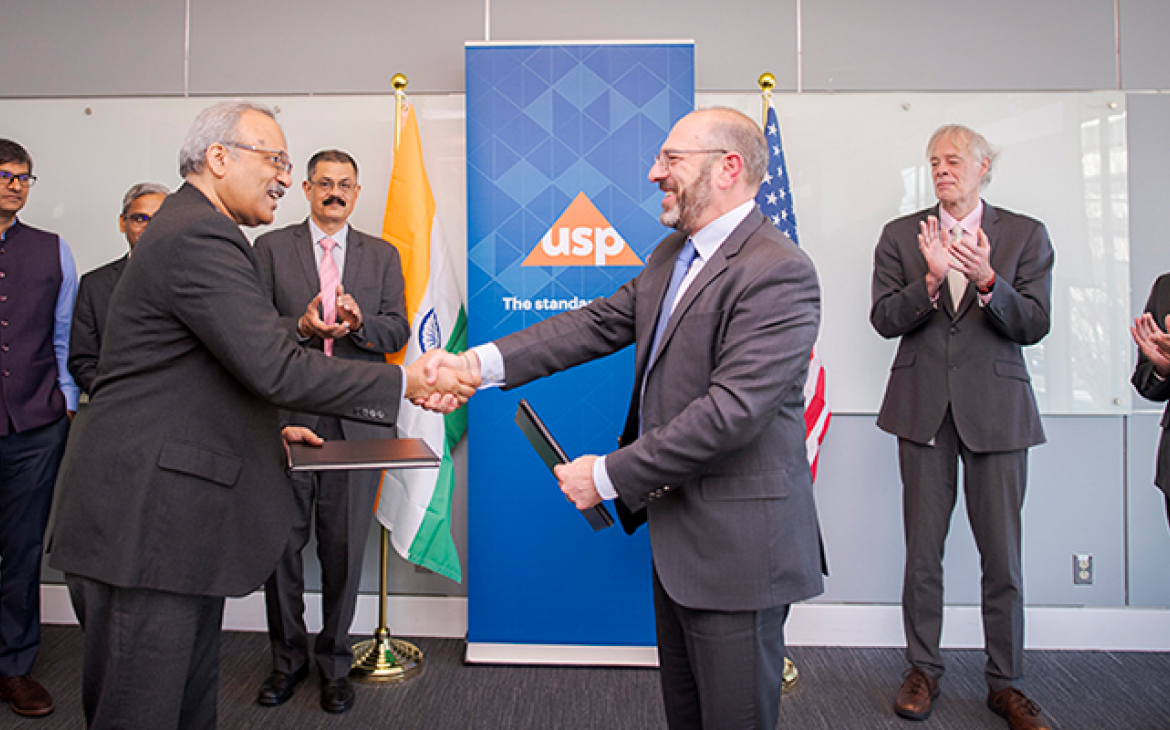
Validation and verification of analytical procedures are quality assurance activities with broad impact in laboratory operations. In the pharmaceutical industry, where quality assurance is critical, it is a legal requirement that analytical procedures used in quality control laboratories are either validated or verified. But what does it mean?
It means the method or procedure employed to ensure quality is fit for its purpose before it can be introduced into the routine analysis of medicines and their components. For example, when working with aspirin in a tablet form with the intent to run a test on the aspirin, the testing laboratory must first validate that the method being applied accurately and precisely measures the quantity of aspirin in the tablet form, and not in other types of dosage (chewable tablets, for example).
The role of USP in establishing validation guidelines
Because USP has a role in developing documentary standards for quality assurance of medicines sold in the U.S., the organization also develops guidelines for validation and verification of analytical methods that are considered official standards for the pharmaceutical industry.
Traditionally, the approach to validation does not emphasize the suitability of an analytic method throughout the quality assurance process. Validation efforts are focused on a series of confirmation experiments to asses several characteristics of the method, without pre-stablished performance criteria.
Moreover, there has been no common use of systematic ways to verify the performance of methods during their lifecycle. To promote a new approach that factors in the definition of the design space of methods upfront (a.k.a. analytical target profile) and incorporates continuous verification of procedures after their implementation in the lab, USP is holding a workshop on the Lifecycle Approach to Validation of Analytical Procedures with Related Statistical Tools.
A place for quality assurance, regulatory and development professionals to voice their ideas and concerns
Analytical chemists, quality assurance professionals, regulatory affairs specialists, research and development scientists and statisticians are invited to share ideas on how to incorporate elements of Quality by Design (QbD) in analytical procedures development. USP desires to be an active participant in these discussions and work toward the development of a new paradigm on validation that may be adopted by the industry in the years to come.
Topics of discussion in the workshop will include risk analysis and control strategies; how to establish an analytical target lifecycle; what measurement uncertainty is and how it is used in the analytical target profile; statistical tools to support the development, qualifications and verification of analytical procedures throughout their lifecycle; and the current regulatory perspective on the subject. As a primer to the workshop, USP has published a stimuli article for public comment and invites all participants to bring their questions and suggestions.
To register for the workshop: http://www.usp.org/meetings-courses/workshops/lifecycle-approach-validation-analytical-procedures-related-statistical-tools.


